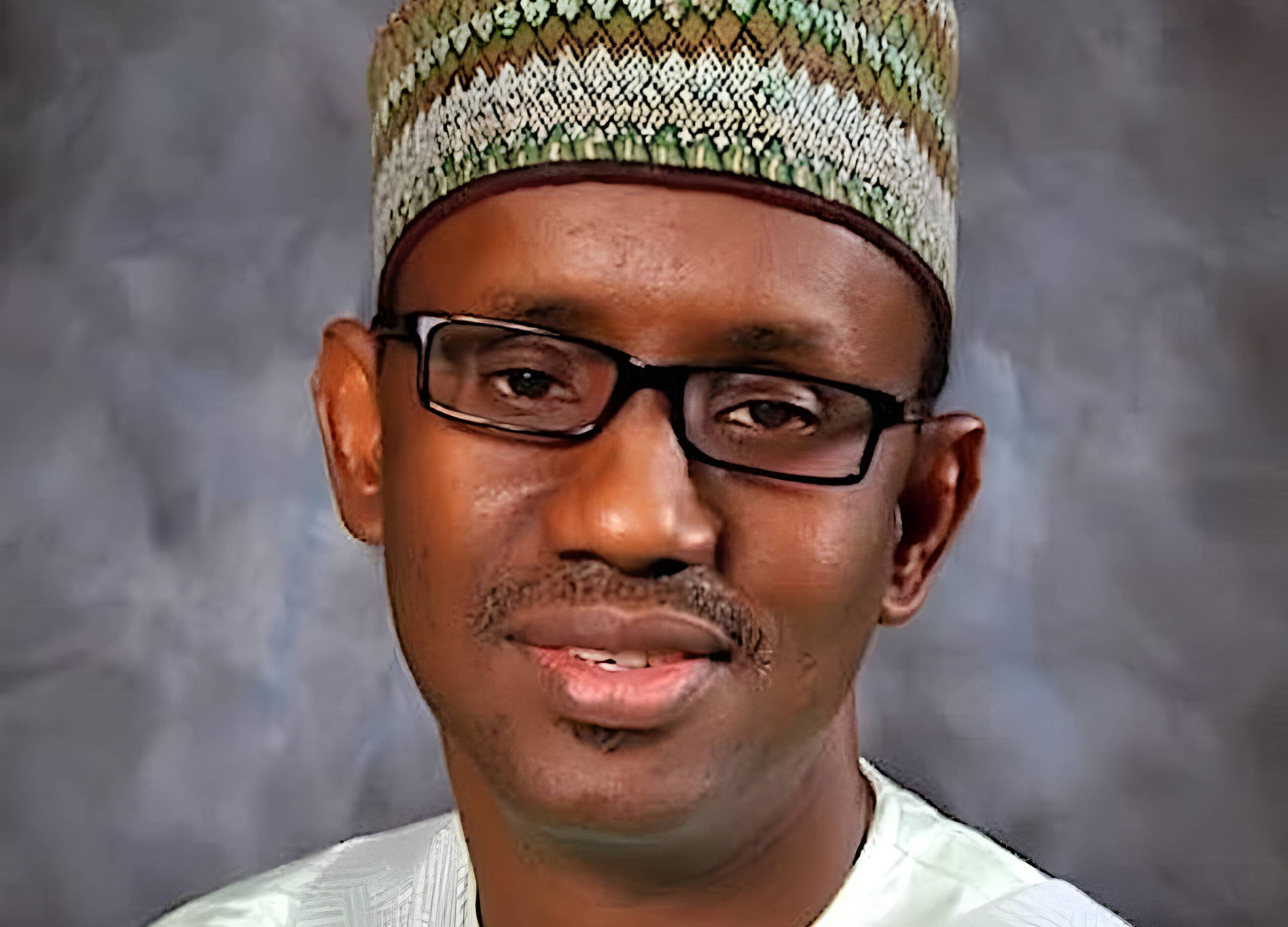
According to him, ensuring women’s involvement in activities at the community level is critical to strengthening national security.
Ribadu, represented by the Head of Strategic Communications, in the Office of the NSA, Zakari Mijinyawa, stated this on Tuesday at the Women’s Peace Forum workshop.
The theme of the forum is “Strengthening Women’s Strategic Engagement in Climate-Focused Peace Making in Nigeria”, and it is organised by the Centre for Humanitarian Dialogue in partnership with the Government of Canada.
He said, “As you are aware, the Renewed Hope Agenda has one of its key pillars as strengthening national security. The plans for police reform and moving millions of Nigerians out of poverty cannot be done without empowering women.
“Women are victims, and also contributors to peace at community levels. So it is a key pillar of national security that at every level, women are involved.
“Indeed, the Federal Government takes special measures to mainstream women into peace-building activities. So that is why we thought it is very important to come in and participate and also to contribute in shaping the resolutions of this program.”
Speaking on the government’s rehabilitation efforts, especially in the North-East, Ribadu said the government, both at the state and national levels, has always provided support in terms of rehabilitation and reintegration of persons impacted by the impact of violent extremism and terrorism.
He said this had prompted the President Bola Tinubu-led administration to expand the Ministry for Humanitarian Affairs to include poverty alleviation.
Ribadu said, “If you look closely at the recent appointments, you will see that the Ministry of Humanitarian Affairs has been expanded to include poverty alleviation, and their ambition is to ensure that all the needs of those who are impacted by insecurity, whether in conflict areas, or areas that are recovering from conflicts were attended to.
“You must have noticed the Minister, upon appointment, traveling down to Zamfara and provided palliatives.
Over time, both at state and national levels, there has always been support in terms of rehabilitation, and reintegration of persons impacted by the impact of violent extremism and terrorism.
“So in Maiduguri and most of the rehabilitation and reconstruction efforts, women are involved in both peace-building and in addressing their needs in the areas of health, psychosocial support, and also in rebuilding communities. So this is at the heart of recovery going forward.”
The Country Manager of HD, Dr. Chris Agoha, observed that as communities migrate from climate-related crises, women are more vulnerable to security threats and violence.
Agoha who said women also play a significant role in small-scale farming and food supply in Nigeria, lamented that they are not usually part of Nigerians making policies about food security.
He said, “There have been various international summits, and conferences on climate change. There is a big climatic condition, all about global warming and all that. So this climate change is affecting every aspect of our lives, particularly women in terms of what they do.
“It’s bringing conflict and depletion of natural resources. If you look at the crisis in the middle belt, there is this problem of farmer herders clash. It’s been exacerbated by climate change. There’s shrinking grazing space and land is being contested.
“And so, this is why this workshop is climate focus as we want to see how this is adversely impacting on women in terms of carrying out their daily activity, particularly those of them who are engaged in farming as a source of livelihood.”]













